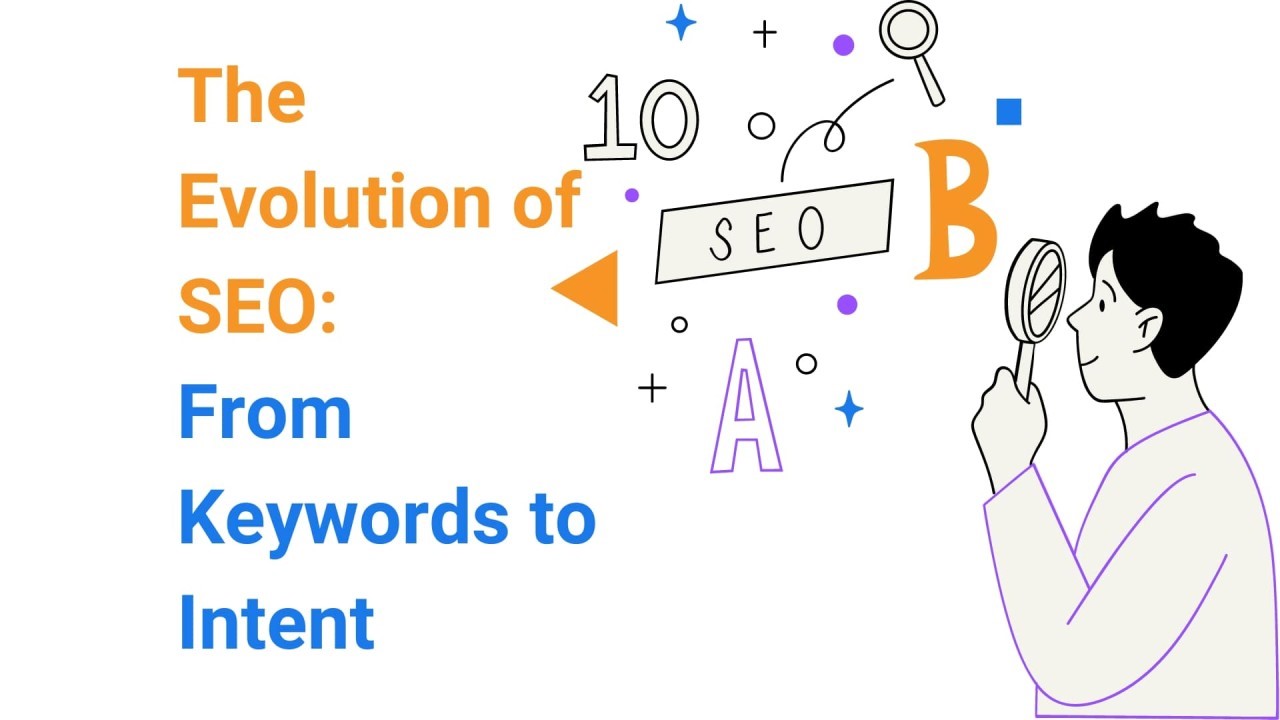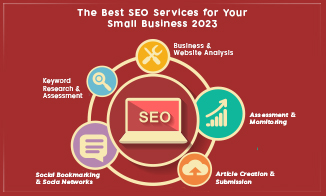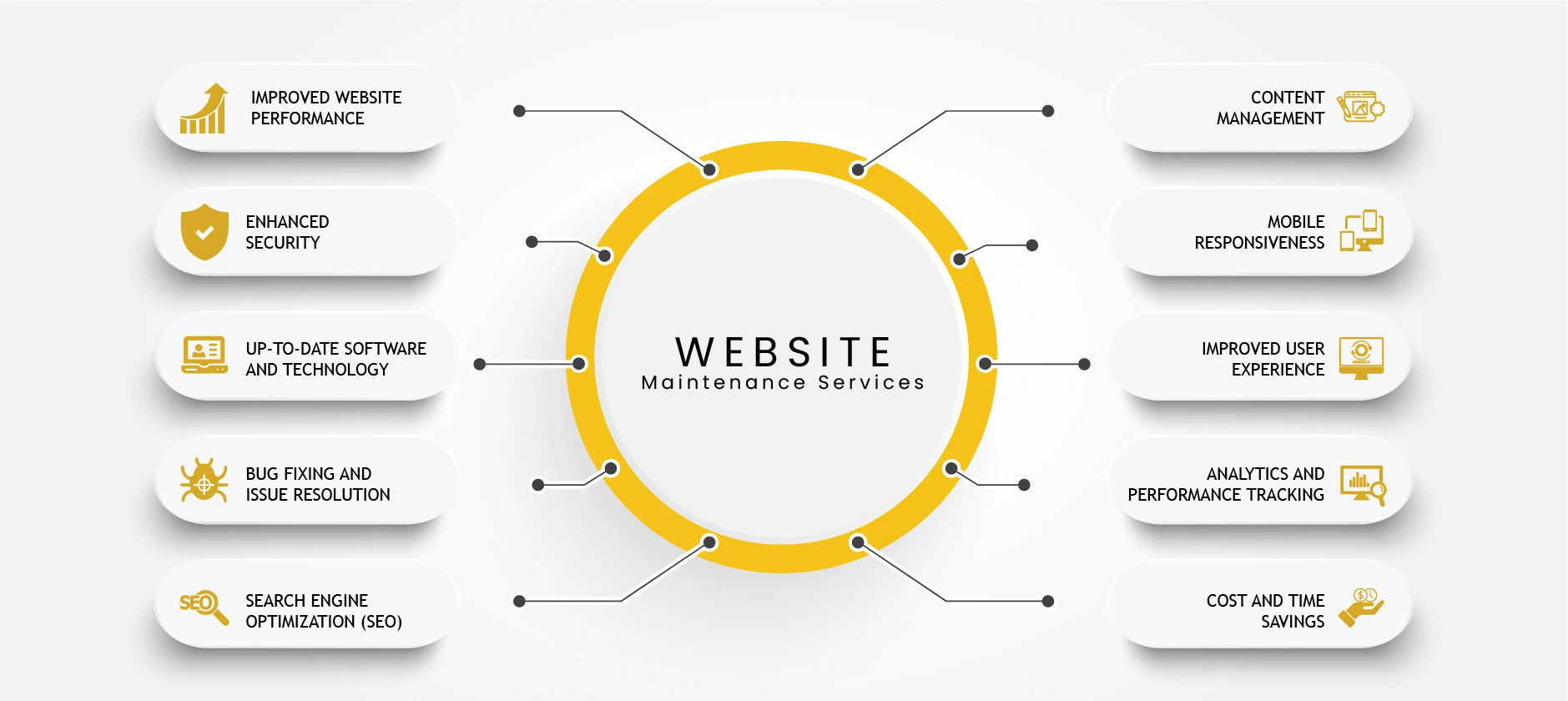
In the ever-evolving landscape of digital marketing, a question that consistently resurfaces is: “Is SEO still relevant?” As we move into 2024 and 2025, the answer is a resounding yes. SEO (Search Engine Optimization) is not only alive but also more critical than ever. Here’s a detailed look at the latest facts and trends shaping SEO in the current digital era.
Introduction: The Importance of SEO in 2024
The digital ecosystem is more competitive than ever, with businesses vying for visibility in a crowded online space. SEO remains a vital strategy for enhancing online presence, driving organic traffic, and achieving long-term business success. As search engines continue to evolve, so do the techniques and strategies that define effective SEO. In 2024, the importance of SEO has only intensified, becoming a sophisticated, multi-faceted discipline essential for any business aiming to thrive in the digital marketplace.
The Evolution of SEO

SEO has come a long way since the early days of keyword stuffing and simplistic link-building strategies. Today, SEO is a sophisticated, multi-faceted discipline that requires a strategic approach to content, technology, and user experience.
- AI and Machine Learning
Artificial Intelligence (AI) and machine learning have revolutionized SEO. Search engines, particularly Google, use advanced algorithms like Rank Brain and BERT to understand user intent and deliver more relevant search results. In 2024-2025, these technologies continue to evolve, emphasizing the need for high-quality, contextually relevant content.
- Voice Search Optimization
The rise of voice-activated assistants like Siri, Alexa, and Google Assistant has transformed search behaviour. By 2025, it is estimated that over 50% of all searches will be voice-based. This shift demands a new focus on natural language processing and long-tail keywords that match conversational queries.
- Mobile-First Indexing

Google’s mobile-first indexing, which prioritizes mobile versions of websites in its ranking algorithm, is now the standard. With mobile internet usage surpassing desktop, ensuring your website is mobile-friendly is crucial for SEO success.
Why SEO Matters More Than Ever
Search engines, especially Google, prioritize user experience. Websites that are fast, mobile-friendly, and easy to navigate tend to rank higher. SEO practices that focus on improving user experience are crucial for retaining visitors and converting them into customers.
- Increased Competition
With more businesses recognizing the value of an online presence, competition for top search engine rankings has intensified. Effective SEO strategies can provide a competitive edge, helping businesses stand out in a crowded digital market.
- Algorithm Updates
Search engines frequently update their algorithms to provide better search results. Staying abreast of these changes and adapting SEO strategies accordingly is essential for maintaining and improving search rankings.
- Voice and Visual Search
The rise of voice and visual search technologies is transforming how users interact with search engines. Optimizing for these new types of searches can significantly enhance a website’s visibility and accessibility.
- Content Quality
High-quality, relevant content is more important than ever. Search engines favor content that provides value, answers user queries, and demonstrates expertise. Investing in quality content creation is a key aspect of modern SEO.
- Local SEO
As consumers increasingly rely on search engines to find local businesses, local SEO has become crucial. Optimizing for local search can help businesses attract nearby customers and drive foot traffic.
- Data-Driven Decisions
SEO tools and analytic provide valuable insights into user behavior, keyword performance, and website traffic. Leveraging this data allows businesses to make informed decisions and refine their SEO strategies for better results.
Key Trends Shaping SEO in 2024-2025
- Core Web Vitals and User Experience (UX)
Google’s Core Web Vitals, which assess the loading performance, interactivity, and visual stability of pages, have become critical ranking factors. Websites that offer seamless, fast, and engaging user experiences will rank higher.
- E-A-T (Expertise, Authoritativeness, Trustworthiness)
Content quality is paramount. Google values content that demonstrates expertise, authoritativeness, and trustworthiness (E-A-T). This means producing well-researched, accurate, and valuable content is essential for improving search rankings.
- Local SEO and Hyper local Optimization
Local SEO is gaining prominence as consumers increasingly rely on search engines to find local businesses. Hyper local optimization, which targets searchers in very specific locations, is becoming a vital tactic, especially for small businesses.
- Visual and Video Search
The growth of visual search tools like Google Lens and the increasing consumption of video content on platforms like YouTube and TikTok are reshaping SEO strategies. Optimizing images and videos for search can drive significant traffic and engagement.
The Ongoing Importance of Backlinks
Backlinks remain a cornerstone of SEO, signaling to search engines the credibility and authority of your content. However, the focus is now on acquiring high-quality, relevant backlinks rather than sheer quantity. Building relationships with authoritative sites in your niche is crucial.
The Role of Content in SEO
Content remains king in SEO. However, the nature of effective content is changing. Interactive content, such as quizzes, surveys, and interactive infographics, engages users and can improve dwell time, a key SEO metric. Additionally, pillar content and topic clusters, which provide comprehensive coverage of core topics, are essential for ranking well.
SEO Tools and Technologies
Leveraging advanced SEO tools and technologies is critical for staying ahead. Tools like SEMrush, Ahrefs, and Moz offer valuable insights into keyword rankings, back link profiles, and competitive analysis. AI-powered tools that provide predictive analytic and content optimization suggestions are becoming indispensable.
Important Aspects of SEO in 2024: Keyword Research, Content Optimization, User Experience (UX), Mobile Optimization, and Back linking
As we delve into 2024, the significance of SEO in digital marketing continues to grow, with specific aspects taking center stage. Let’s explore the critical elements driving SEO success this year: keyword research, content optimization, user experience (UX), mobile optimization, and backlinks.

- Keyword Research
Keyword research remains a foundational aspect of SEO, but it has evolved significantly. Here’s what to focus on in 2024:
Intent Analysis: Understanding user intent behind keywords is crucial. Instead of targeting generic keywords, businesses should focus on intent-based keywords that align with the specific needs and questions of their target audience.
Long-Tail Keywords: As voice search and conversational AI become more prevalent, long-tail keywords that reflect natural language use are gaining importance.
Semantic Search: Search engines are getting better at understanding context and related concepts. Incorporating semantically related keywords can improve content relevance and search visibility.
Competitor Analysis: Analyzing competitors’ keyword strategies can provide insights into gaps and opportunities in your own keyword approach.
- Content Optimization
High-quality content remains king in SEO. However, optimization practices have become more sophisticated:
E-A-T Principles: Emphasizing expertise, authoritativeness, and trustworthiness (E-A-T) in content creation is critical for ranking well, especially for YMYL (Your Money Your Life) topics.
Topic Clusters and Pillar Content: Organizing content around pillar pages and topic clusters helps improve site structure and allows search engines to better understand the depth and breadth of your expertise.
Multimedia Content: Including diverse content formats such as videos, infographics, and interactive elements can enhance user engagement and dwell time.
Content Refreshing: Regularly updating and refreshing existing content ensures it remains relevant and valuable, which can positively impact search rankings.
- User Experience (UX)
User experience has become a significant ranking factor, with search engines prioritizing sites that offer superior UX:
Core Web Vitals: Google’s Core Web Vitals focus on page loading performance, interactivity, and visual stability. Optimizing these metrics is crucial for better rankings.
Site Navigation: Clear, intuitive site navigation improves usability and helps search engines crawl your site more effectively.
Page Speed: Fast-loading pages are essential for retaining visitors and reducing bounce rates. Optimization techniques such as image compression, lazy loading, and minimizing JavaScript can enhance page speed.
Accessibility: Ensuring your website is accessible to all users, including those with disabilities, can improve user satisfaction and expand your audience.
- Mobile Optimization
With the majority of web traffic coming from mobile devices, mobile optimization is non-negotiable:
Mobile-First Indexing: Google indexes the mobile version of websites first. Ensuring your mobile site is fully functional and mirrors the desktop version in terms of content and structure is vital.
Responsive Design: A responsive design ensures your website adapts seamlessly to different screen sizes, providing a consistent user experience across devices.
Mobile Usability: Simplified navigation, readable fonts, and touch-friendly elements improve mobile usability and user satisfaction.
- Back linking
Quality backlinks remain a cornerstone of SEO, signalling credibility and authority to search engines:
High-Quality Backlinks: Focus on acquiring backlinks from authoritative, relevant sites within your industry. Quality over quantity is the guiding principle.
Content-Based Link Building: Creating valuable, shareable content such as in-depth articles, case studies, and infographics can naturally attract backlinks.
Outreach and Relationships: Building relationships with influencers, bloggers, and industry leaders can facilitate back link acquisition and enhance your site’s authority.
Avoiding Spam Links: Stay clear of low-quality, spam back links which can harm your site’s reputation and ranking. Regularly audit your backlink profile to disavow harmful links.
SEO in 2024 is characterized by a more holistic, user-centric approach. Success lies in understanding and adapting to the intricacies of keyword research, content optimization, user experience, mobile optimization, and backlinking. By focusing on these critical aspects, businesses can enhance their online presence, improve search engine rankings, and ultimately drive more organic traffic.





